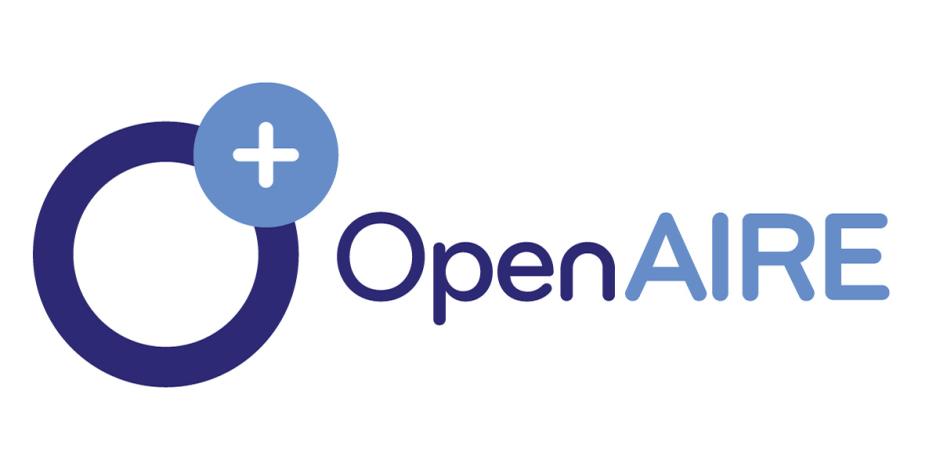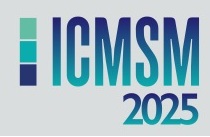6th International Conference on Materials Science and Manufacturing (ICMSM 2026)
The conference will serve as an international forum to present and exchange technological advances and research results in the field of materials science and manufacturing. We warmly welcome you to submit your research papers to ICMSM 2026 and share your latest theoretical and technological advances and valuable experiences with leading scientists and engineers from around the world.














